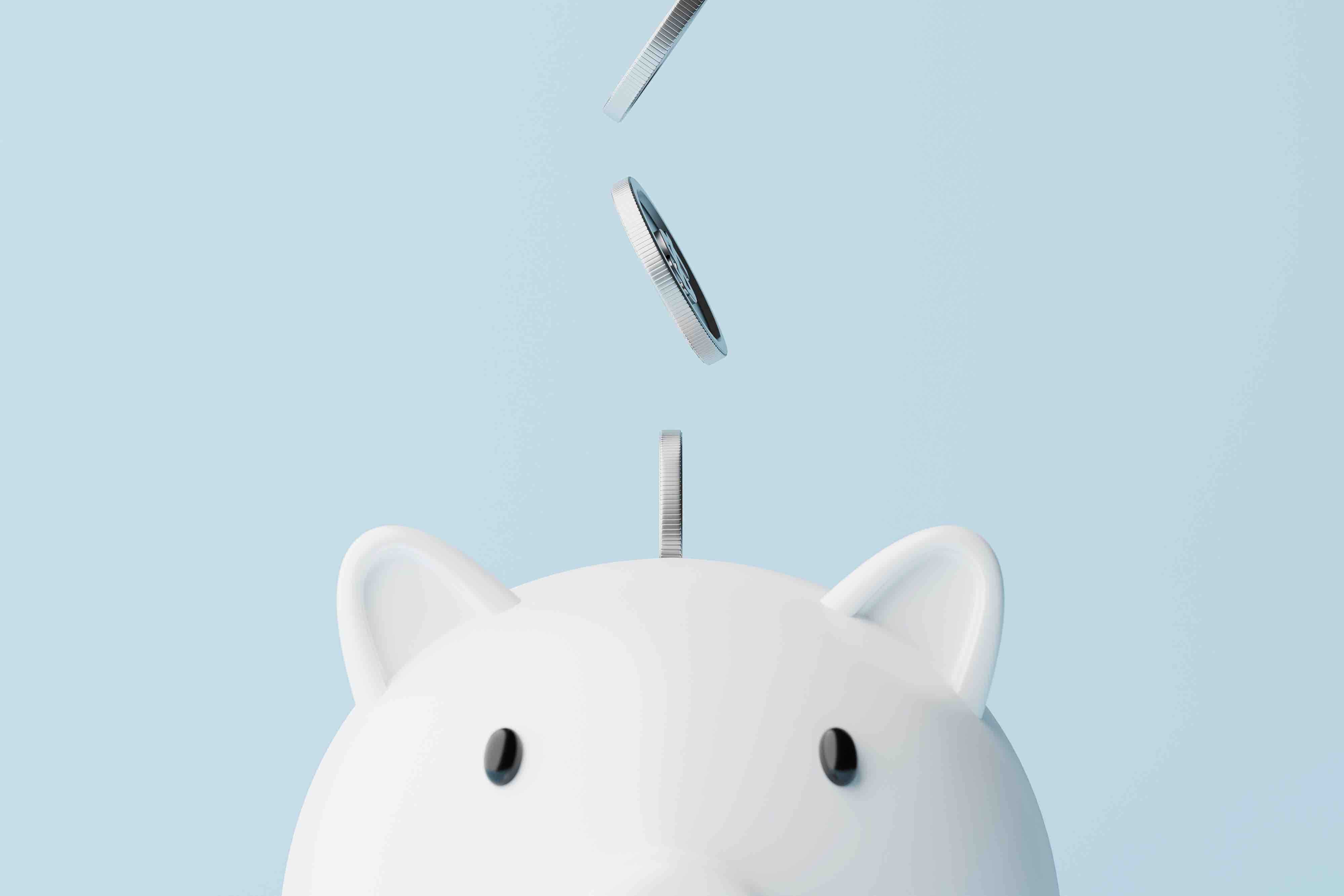Why It’s Time to Consolidate Your Credit Card Debt
The Federal Reserve is raising interest rates as the US economy gains steam.1 While this is good news for savers, rising rates are often bad news for credit card holders who carry a balance on their cards. In fact, you’re probably already facing higher monthly minimums and interest charges.
After a long hiatus, the Fed began raising interest rates in 2015. Although the rate increases have been small in size, they are already pressuring credit card borrowers. The annual percentage rate (APR) for credit cards was 16.35% at the start of this year—an all-time high. If the Fed implements additional rate hikes in 2018, it could push the average credit-card APR to 17.10%.2
With the Fed raising interest rates, now is a great time to consider consolidating your credit card debt into a personal loan to save money.

Why are credit card interest rates going up as the Fed raises rates?
The majority of credit cards have variable interest rates, meaning that when the Fed raises rates, credit card companies quickly follow suit. Interest rates on credit cards typically fluctuate with the prime rate, which is tied to the Fed’s rate increases.
For example, if the Fed increases interest rates 0.25%, your credit card’s rate usually increases by the same amount—often as soon as your next billing cycle. For every $1,000 of debt you hold, a 0.25% rate hike means you’ll pay an additional $25 in interest per year.
Given that the average U.S. household with credit card debt carries a balance of $16,425, even small increases in interest rates are costly for consumers.
Why don’t rising interest rates affect personal loans the same way as credit cards?
Credit cards are usually better for smaller expenses that can be paid off relatively quickly, while personal loans are often better for substantial expenses that take longer to pay off. This difference becomes apparent when interest rates rise.
As interest rates rise, so do your credit card’s interest charges and minimum payments. Unless you pay your credit card balance in full, this can turn short-term expenses into long-term burdens.
In contrast, most personal loans have fixed interest rates. You lock in an interest rate when you take out the loan, and your rate and monthly payments remain the same throughout the repayment period – even when the Fed is raising interest rates.
Why should I consider a personal loan for credit card debt consolidation?
Consumers overwhelmed by mounting credit card debt and rising rates can consolidate their debt into one personal loan. Using a personal loan for credit card consolidation often reduces the size of your monthly payments, helping you get a handle on your debt. The key is finding a personal loan with a lower interest rate than what you’re paying on your credit cards.
Here’s an example: Say you have a $5,000 balance on one credit card with an 18.9% annual interest rate and a $10,000 balance on another card with a 19.3% interest rate. Assuming these rates never change, and you make minimum monthly payments of 4% on your outstanding balance, you’ll face a monthly payment of $600. It will take you 13 years and 11 months to pay off the debt, and you will have paid a total of $9,690.31 in interest. And that’s only if you resist the temptation to continue charging up the balance on your card.
If you consolidate your credit card debt into a $15,000 personal loan with a 12% interest rate and a 5-year term, it will cut your monthly payments to $336.67. If you make your payments on time and in full, you will have paid $5,019.92 in total interest—saving you $4,670.39 while eliminating your credit card debt.
| Current Debt Card Debt | Consolidated Personal Loan | |
| Total Loan Amount | $15,000 | $15,000 |
| Monthly Payment | $600.00 | $336.67 |
| Interest Rate | 19.17% (weighted average interest rate) | 12% |
| Total Interest Paid Over the Life of the Loan | $9,690.31 | $5,019.92 |
| Time to Pay Off Loan | Nearly 14 years | 5 years |
| Amount Saved | $4,670.39 |
How do I know if a personal loan is right for me?
Using a personal loan for credit card consolidation is only a good idea if it works to improve your financial situation. Because these loans come with a fixed term, you have to repay the loan in a set timeframe—unlike credit cards, where you have no time limit on repaying your balance. Before finalizing a personal loan, check that you can afford the monthly payment and put a solid plan in place for paying the loan on time.
Also, be aware of fees. Personal loans will usually have an origination fee that can range from 1% to 6% of the loan amount.
What are the benefits of using a personal loan for credit card consolidation?
Besides the possibility of lowering your interest rate, loan consolidation provides the convenience of one single payment to manage your outstanding debt. You can eliminate the hassle of multiple credit card payment dates and fluctuating payment amounts. You’ll also have the comfort of knowing your monthly payment and your interest rate will never change. This makes developing and sticking to a monthly budget easier.
And, if you have just one fixed payment to track, you may be able to pay off your personal loan faster than expected, which could boost your credit score.
To see if a personal loan is the right tool for you to use to consolidate credit card debt, check your rate at Upgrade. There’s no obligation to see the loan amount you can qualify for, and checking your rate won’t affect your credit score.


